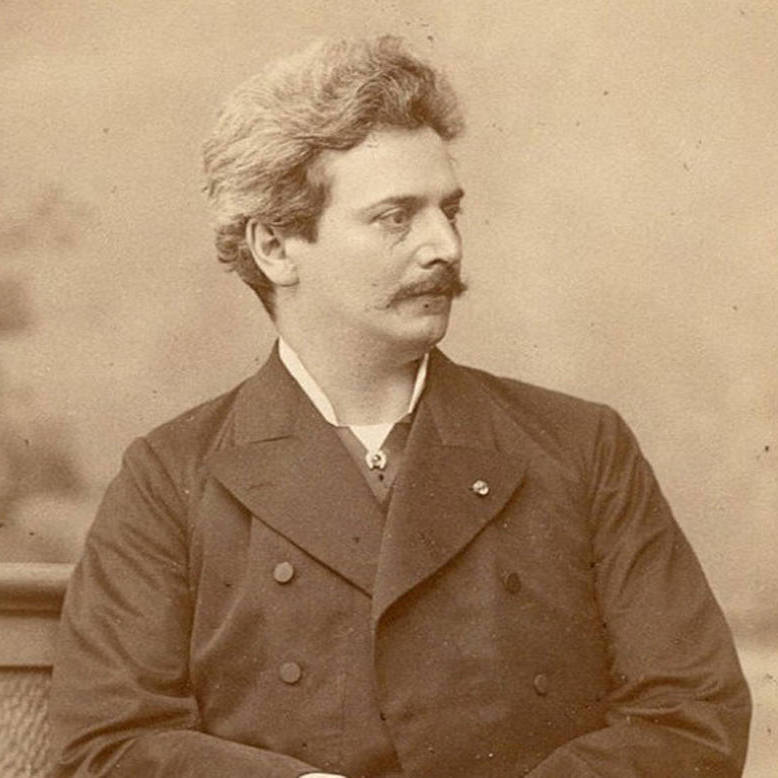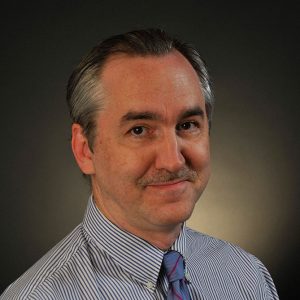
A Biographical Sketch of David Popper
Robert Battey
The following was written for inclusion in a new performing edition of the High School of Cello Playing that will be released soon.
Robert Battey
David Popper (1843-1913)
It’s not commonly known that the composer of the famous Hungarian Rhapsody and cello professor at the storied Franz Liszt Academy in Budapest was actually Bohemian (Czech). David Popper was born in Prague to Jewish parents, his father a cantor at two large synagogues. Popper’s musical talent was evident from early childhood, first at the piano and then on the violin, which he studied from age 6 to 12 (this was not so unusual; others who began on the violin included Piatti, Servais, Becker, Casals, and Carter Brey). But at his audition for the Prague Conservatory, Popper was accepted with the curious proviso that he immediately switch to cello, and thus entered the class of Julius Goltermann.
Goltermann (no relation, strangely, to the composer of the ubiquitous student concertos) was a pupil of F.A. Kummer. Kummer studied with J.J.F. Dotzauer, who studied with Bernhard Romberg (who played in a string quartet with Beethoven). This was the cello diet Popper grew up on, still in use today, centuries later, and to which he proudly added later.
It would be an understatement to say that Popper made rapid progress. When only 15, he sat in on short notice for his teacher as principal cellist at the Opera, playing William Tell. At the conclusion of the opening section of the overture with its prominent solo, the audience burst into spontaneous, sustained applause to such an extent that the performance had to be halted, and the conductor signaled for the young substitute to rise and take a bow. (Even if this anecdote — from the biography by Stefan De’ak — is only half-true or greatly embellished, the mere fact that it concerns someone who’d only been studying the cello for three years illustrates Popper’s startling talent.)
Popper became a working cellist at 18, beginning an astounding, all-embracing career — orchestra, chamber music, soloist, professor, and composer. He became, at 25, the youngest-ever principal of the Vienna Imperial Opera and Philharmonic, often working with Wagner. As a chamber musician he appeared in recital with Clara Schumann, Brahms (giving the world premiere of the Trio Op. 101), and even Bartók. He also found time to play in two of Europe’s most prominent string quartets — the Hellmesberger Quartet and the Hubay-Popper Quartet (also called simply the “Budapest Quartet,” precursor to the world-famous 20th-century group founded by Hubay’s students).
As a soloist, Popper started appearing with professional orchestras at 19, already performing his own compositions in addition to standard works. At the peak of his career, one critic wrote that “to describe his stupendous technique one would need to invent a new vocabulary of praise,” and George Bernard Shaw deemed him “the best player in the world, as far as we know.”
Teaching, of course, was a major focus as well. At the Liszt Academy, his students included Arnold Főldesy (later principal of the Berlin Philharmonic), Jenő Kerpely (for whom Kodály wrote his Solo Sonata), and Adolf Schiffer (who succeeded Popper on the faculty and later taught a young János Starker).
While doing all of this, Popper also produced a huge body of music for the instrument — 81 opus numbers (some including up to six separate pieces) as well as cadenzas for standard-repertoire concerti and many arrangements. His own four concerti are musically disappointing and rarely heard today, but his dozens of salon pieces in every style and character were embraced by cellists the world over as soon as they left his pen (Casals once boasted “I played almost everything Popper wrote!”). Audience-pleasing and mandatory for anyone seeking to be considered a virtuoso, Popper’s output for the cello is analogous to Liszt’s for the piano (his wife, Sophie Menter, was one of Liszt’s most celebrated pupils). Popper’s works are also unique in that several have been transcribed for the violin — the reverse of the normal practice and a testament to their brilliance.
The Hohe Schule des Violoncellospiels, Op. 73 (in Germany, a “High School” is equivalent to the university level in the U.S.) came out in in four volumes between 1901 and 1905, each with ten etudes, a summation of his vast experience on the instrument in all its different roles. But Popper’s well was still not dry; a year later, he published ten more etudes (Op. 76), designated as “Preparatory Studies” for the Hohe Schule. A strange appellation, as the new etudes were more difficult than many in this set. Perhaps one day someone will produce a graded and unified collection of all 50.
The Hohe Schule “closed the canon” of etudes that are universal throughout the teaching profession today (together with those of Duport, Lee, Dotzauer, Piatti, Servais, Grützmacher, and Franchomme, all written long before). Still, it would not be accurate to say that the Hohe Schule represents a “pinnacle” of cello technique. The Grützmacher etudes (from almost a half-century earlier) are vastly more difficult, and the Caprices of Franchomme and Piatti explore bowing issues that Popper barely touches.
But the Hohe Schule’s unshakeable position as a central pillar of our instrument’s pedagogy is grounded in its utility, thoroughness, and practicality. Though a few of the etudes contain finger-twisters untethered to anything in the literature, most of the passage-work is related to real-life examples. In contrast to some of the others, Popper’s etudes are relatively short. And his densely-chromatic language, heavily influenced by his close acquaintance with Wagner and Liszt, challenges the student to navigate remote keys and confusing thickets of accidentals in ways that none of his forbears do. Whoever masters all or most of this material will have a rock-solid foundation for pretty much anything in the standard literature, needing only some additional refinements as far as bow technique.
The new edition, currently in preparation, seeks to make the exploration a little less confusing, more orderly, and perhaps sometimes even enjoyable.
Subjects: Historical
